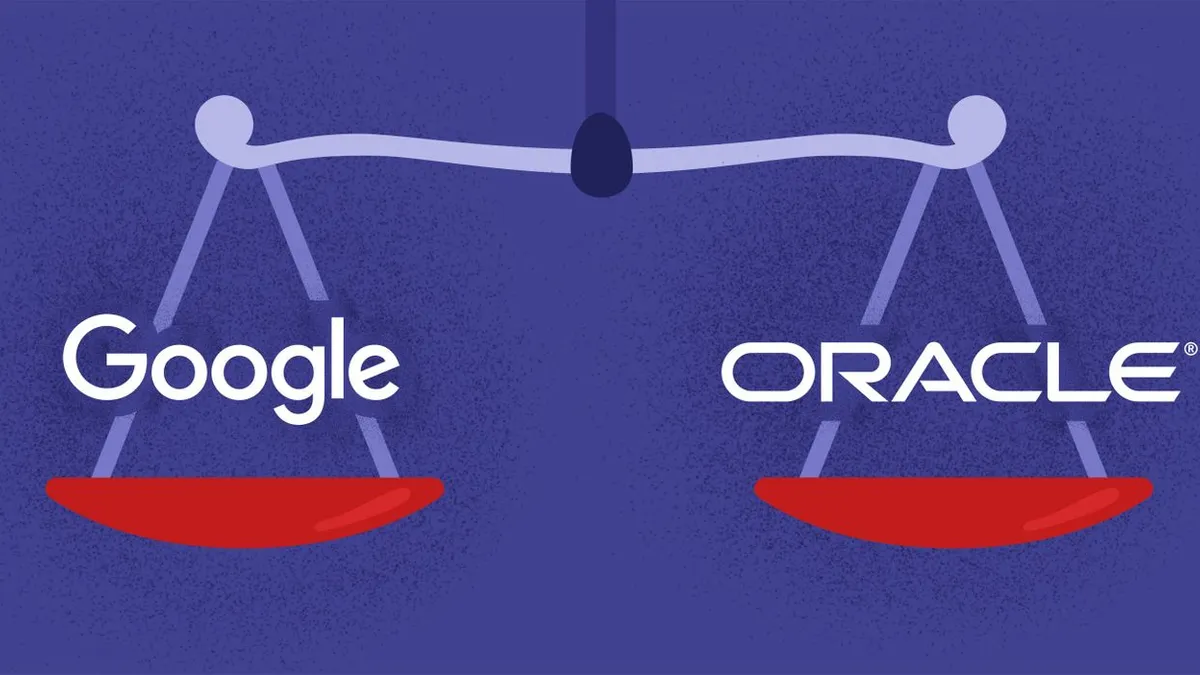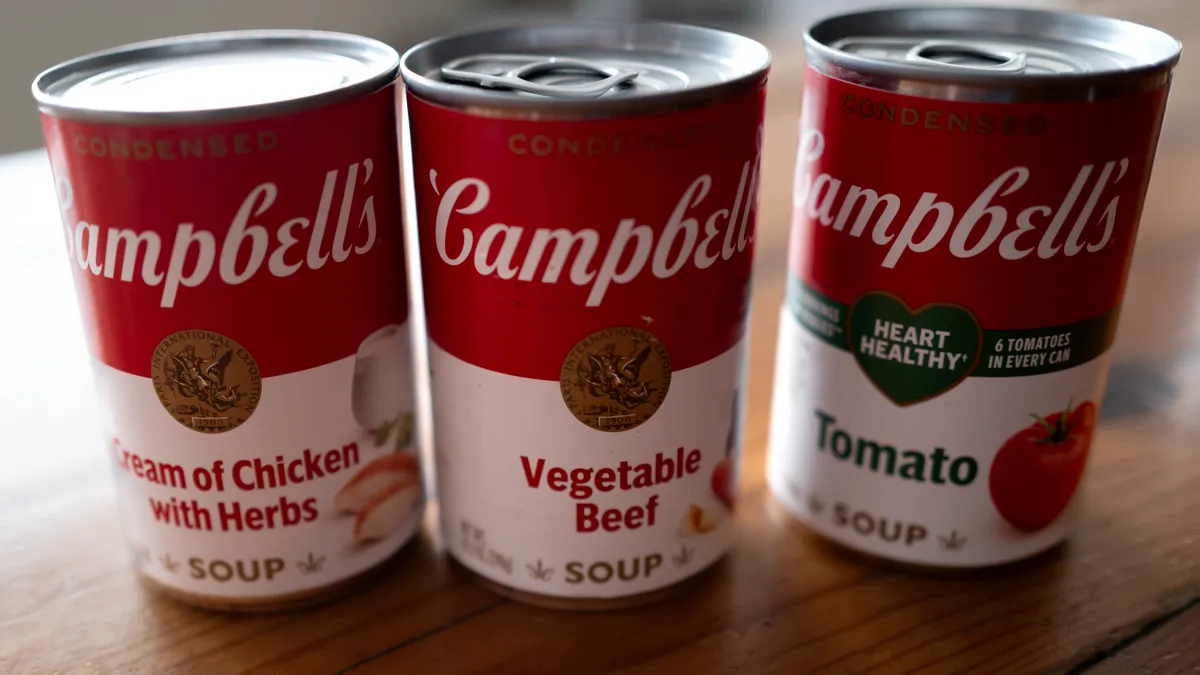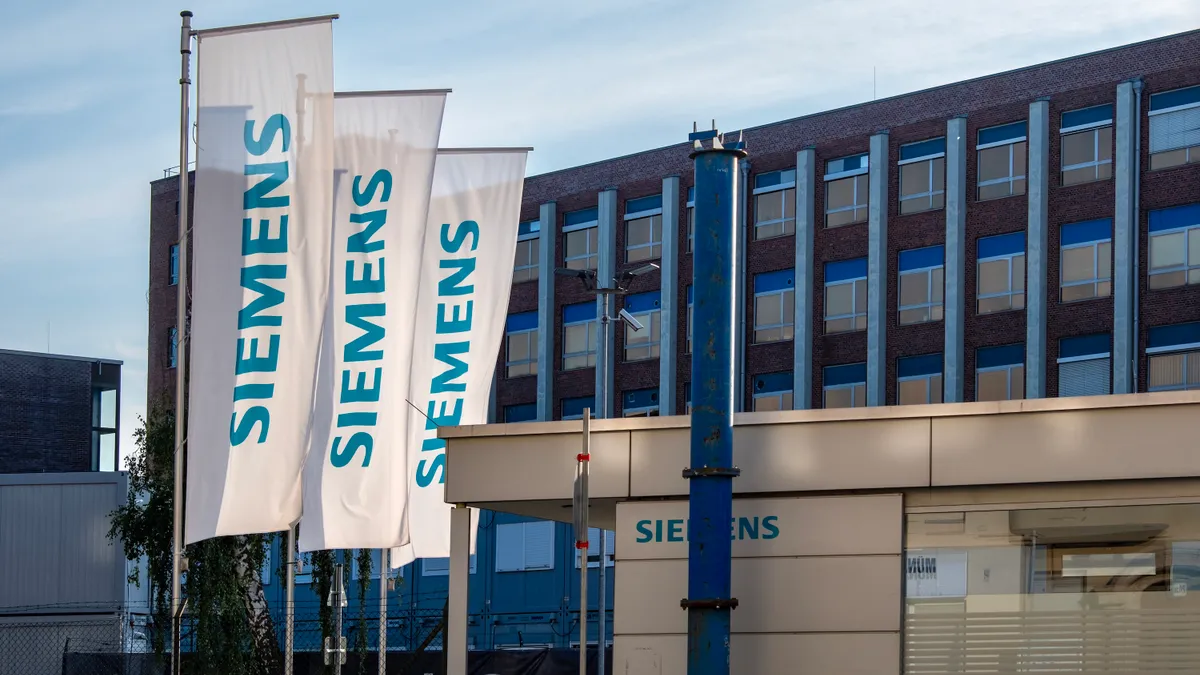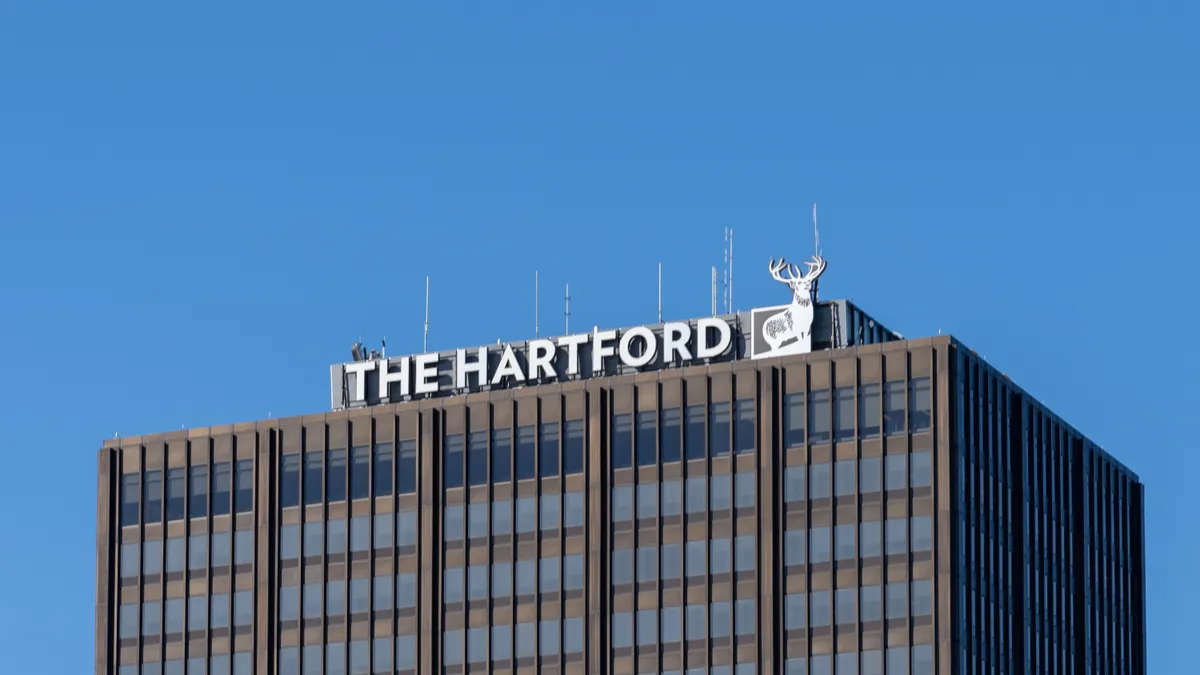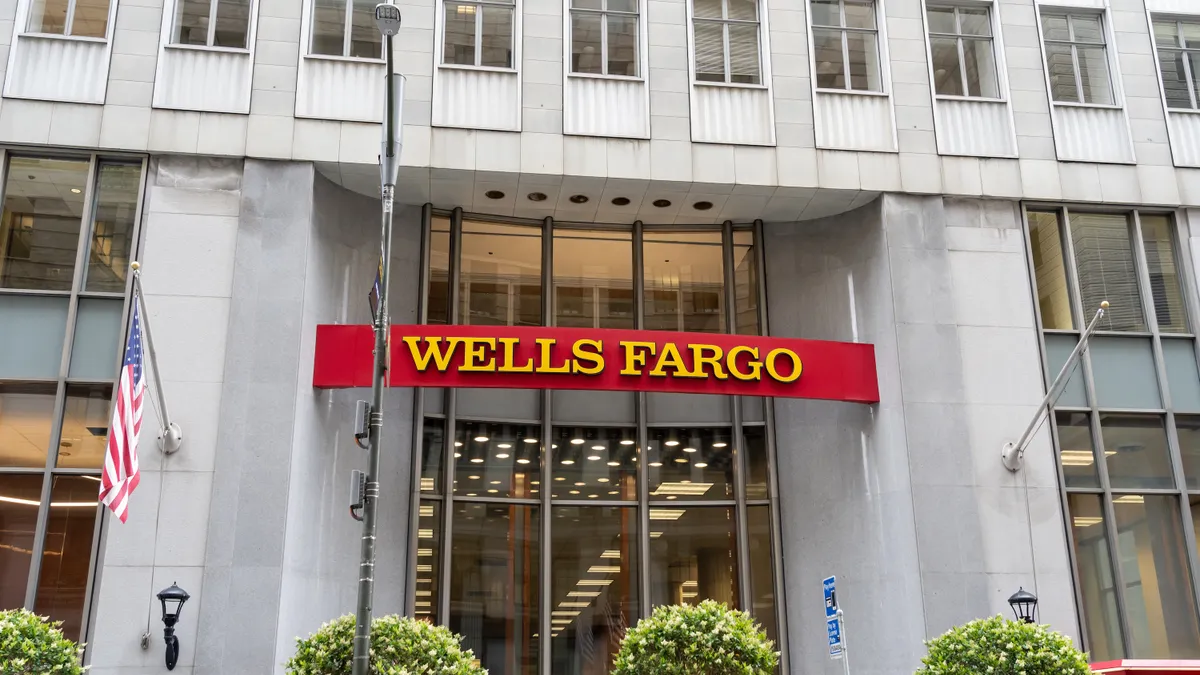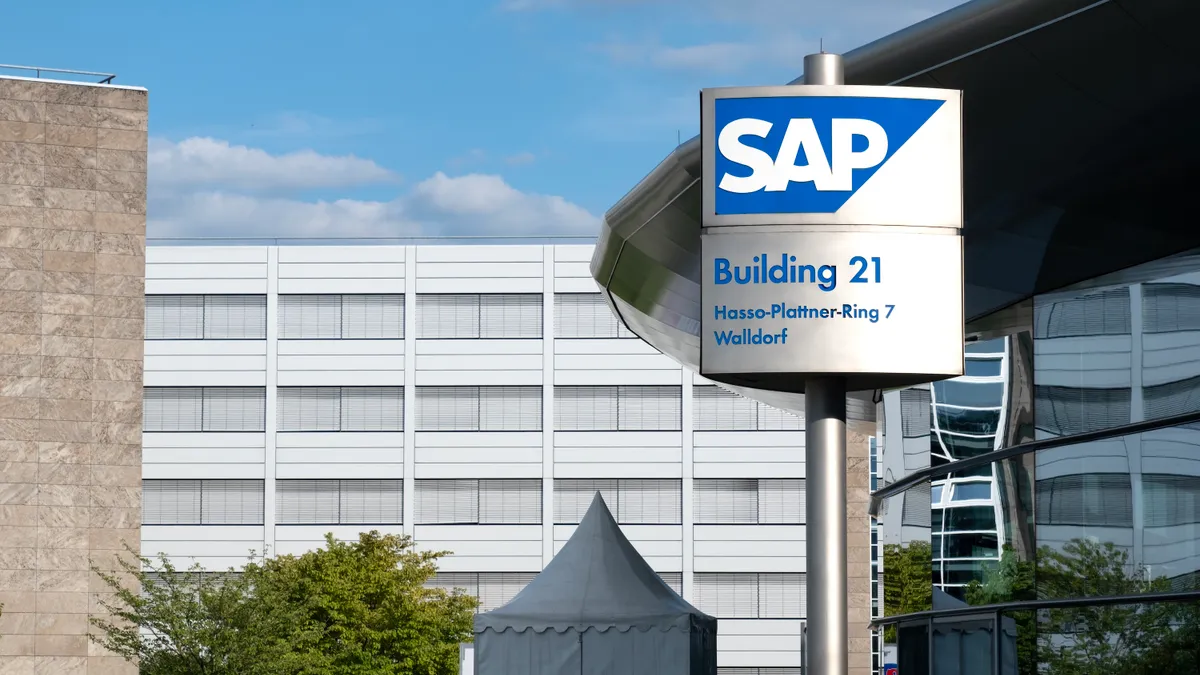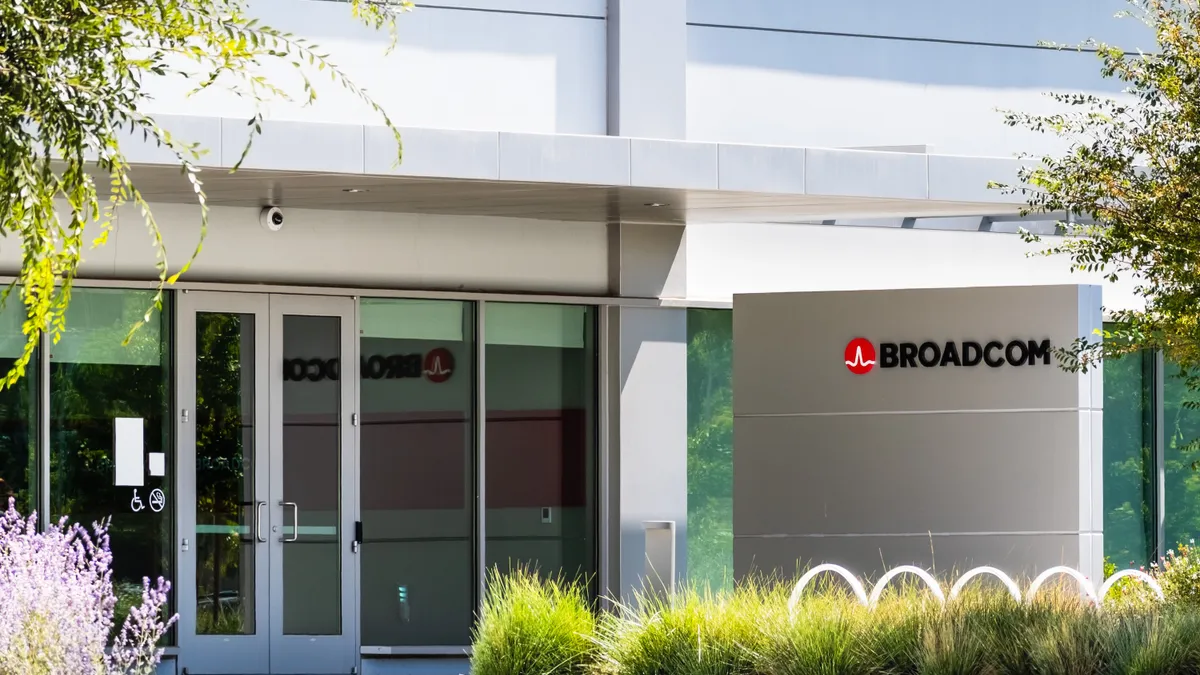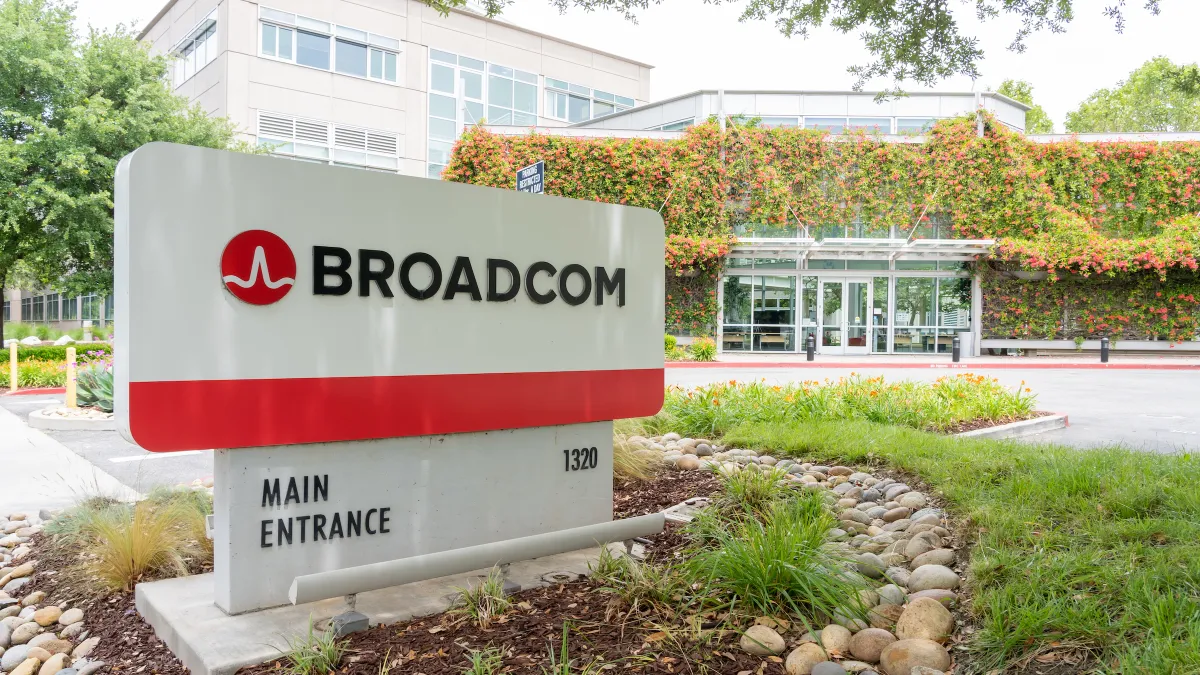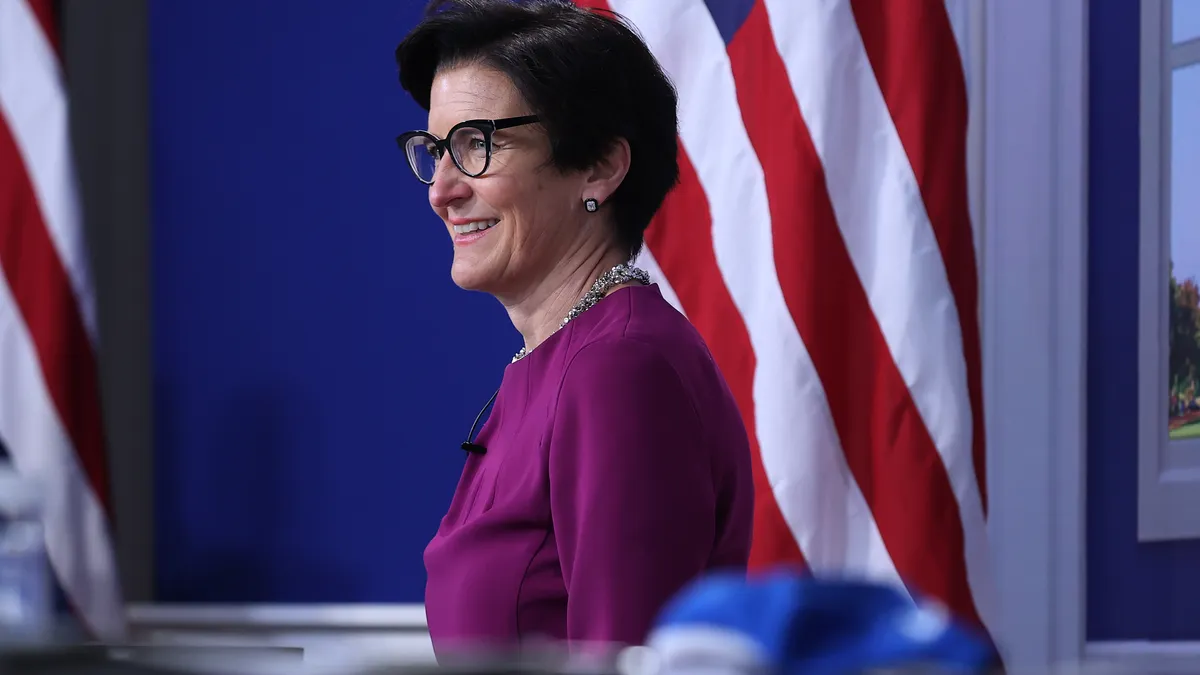Sun Microsystems was supposed to make Oracle — already a leader in enterprise software — a force to reckon with in hardware solutions. The 2009 purchase also gave Oracle Java, one of industry's most prolific programming languages.
The payoff was lukewarm, if not nonexistent.
While Sun's internal hardware business was slipping, Oracle sought about $9 billion in ambiguities regarding Java's fair use. The company initiated the copyright lawsuit against Google, for using Java to write Android.
Industry has been waiting for a legal resolution. The case, originally set for March before COVID-19 postponed hearings, was argued before the Supreme Court Wednesday.
"The frustrating part about this case is, knowing what the court will do is hard to predict, but they're going to write a set of rules for something we don't understand yet," said Carl Cecere, owner of Cecere PC.
For more on the history of the case, check out our coverage.
Google's counsel Thomas Goldstein pushed to make the merger doctrine the heart of the Supreme Court case. The merger doctrine is where a non-copyrightable idea merges with an expression that is subject to copyright, because there are limited ways of expressing ideas.
Google's use of Java for Android was not transformative enough because they had to "alter the original works expression, meaning or message," Oracle's counsel Joshua Rosenkranz said during the hearing. "Google did not do that … Every line of code is copied towards the same purpose and communicates the same thing," as it would on a PC.
"The supposedly new smartphone environment does not change the meaning and is no more transformative than adapting a short story into a movie," Rosenkranz said.
When Justice Elena Kagan pressed Goldstein on transformative use, he said "what we're doing here is using an interface, which is connective tissue between computer programs, it is, at most, barely creative."
Because it's mobile, "the nature of use here is quite significantly different from the original use," said Goldstein.
While the rules for software-enabled innovation are at stake, so is market competition. "Google created this incredible breakthrough platform, Android. And Oracle didn't really create anything," Madhavi Sunder, law professor at Georgetown University, told CIO Dive earlier this year. In the early days of the lawsuit, Oracle threatened the shutdown of Android by threatening copyright.
QWERTY, an analogy
The understanding of APIs confused the copyright discussion.
"The justice's grappled with Google's argument that software interfaces are purely functional lines of code and not the kind of creative expression that copyright exists to protect," said Bill Frankel, shareholder at Brinks Gilson & Lione, in an email to CIO Dive.
To get at the heart of the conflict, the justices used analogies — the QWERTY keyboard, football playbooks, menus in restaurants, cracking a safe — and applied copyright or fair use in every scenario.
"Cracking a safe may be the only way to get the money that you want. But that doesn't mean you can do it," said Chief Justice John Roberts, during the hearing. If it is the only way, a license is needed.
Goldstein argued that if a company acquired a patent for a safe, speaking to Roberts' analogy, "you may well be able to keep us out," but if a book is written about how to crack safes, "that doesn't give you the exclusive right to do it."
Google did not obtain a Java license for Android before Oracle bought Sun. Sun made the language available by 2006, and knew of Google's intentions with Java and Android, according to former Google CEO Eric Schmidt, in a previous trial.
Google pursued Android in 2005. "The language itself is not useful unless you can make something happen," said Schmidt, during the second trial in 2016, according to courtroom transcripts by The Verge. APIs enable usability. Android "implements the language and implements the APIs but does not use the Java source code," Schmidt said.
Some of the email exchanges between Schmidt and Sun executives are available in Google's certiorari for the Supreme Court filed on Jan. 24 2019. Click here.
The nuance of this case, regarding licenses, is Google's desire to own Android, according to Thomas McThenia attorney and Gainesville managing shareholder of GrayRobinson. Had Google gotten the license, it would have been required to make Android open source. "If Google used the API's with permission of Oracle, they would have to publish the results … Google wanted to build something proprietary."
Why didn't Google do what Apple did?
Google's ownership of Android based on Java, differentiates it from its competitors. Apple wrote its mobile iOS using Swift, a closed-source code it created.
The grey areas circle back to the merger doctrine. If the court leans toward Google's merger argument, it would "be limited to the Java declaring code at issue," and leave ambiguities of API copyright protection in future cases, said Frankel.
The merger doctrine argument "strikes me very much as, 'I wish to share the facilities of a more successful rival because they came up with a particularly elegant or efficient or successful, highly adopted solution in the marketplace,'" referring to Google's use of Java, said Justice Neil Gorsuch, during the hearing.
Apple uses a different approach to declaring functions on its mobile platform, and it spent billions of dollars to do so. "Presumably you could have," said Justice Sonia Sotomayor, speaking to Goldstein. "You spent so much time in your brief convincing me that implementing and declaring codes go together in this hand, they merge. How do we draw the line?"
When considering the difference between declaring codes (operational, for developer use) and implementing codes (instructions given to computers), Oracle said that if implementing code can only be written one way, Google could use it, according to Goldstein. But because declaring code "will not function if written another way, we cannot reuse them."
For Oracle, "code is code," said Rosenkranz. Declaring and implementing code consists of "words, numbers, or other numerical symbols … Both operate a computer."
Apple not relying on industry standard code, like Java, is "the nub of the problem," said Sotomayor. "What gives you the right to use their original work?"
Goldstein incited Section 102(B), which states functionality of computers is not copyrightable, or at least not all the ways of Java's methods of operation. The declaring code is the instructions to the developer, said Goldstein.
"Java's people divided the universe of tasks, of which they are billions, in a certain way. All the things that tell the computer to do one of those things, will do. But that which tells the computer which to do, that's the declaration," said Justice Stephen Breyer, during the hearing.
If someone had a copyright of the QWERTY keyboard from the beginning, they would control all typewriters, according to Breyer. And now, "it's really tough … to go backwards" and change that copyrightability.
But the QWERTY keyboard lacked expression because it was mechanical, said Rosenkranz.
APIs blur the understanding of expression, however. "Modes of operation are not copyrightable," said Cecere. "Are these APIs expressive? I don't know. That's the question, the expressive potential to them. And there's also this element of, if it is a pure mode of operation, it's purely the mechanics of stuff."
Over the last several decades, industries have been built on the understanding that APIs, which is in declaring code, is not copyrightable while implementing codes are.
Developers know they are allowed to "copy only what's necessary to run on the application … That's what Google did here. That's why it took less than 1% of the Java code," said Sotomayor. And Google took only what was needed to function in a new, mobile environment.
As Google argues Oracle would take on a monopoly-like ownership of fundamental code, Malcolm Stewart, deputy solicitor general, clarified during the hearing that "we're not talking about consumers … We're talking about app developers and these are economic actors." And as such, Google knew that the selective code they used, was "not the only way they could do it to make it function in a new environment."
Java provided Google developers the ability to use "pre-existing calls, in order to call up the established methods," said Stewart. Because of this, Stewart argued Google's use was not transformative enough because the app developers, relying on their Java knowledge, had the "confidence that when they use the call with which they are familiar, it will trigger the same functionality that is triggered on the Java platform."
Java is inherently unique and original, though it's widely used. What industry is waiting on is a resolution on how fair use changes the framing of copyrightability.
"The justices seemed keenly interested in exploring the interoperability question ... as to whether interoperability favors a finding of fair use," said Frankel. But interoperability doesn't pertain to whether or not code is copyrightable.



